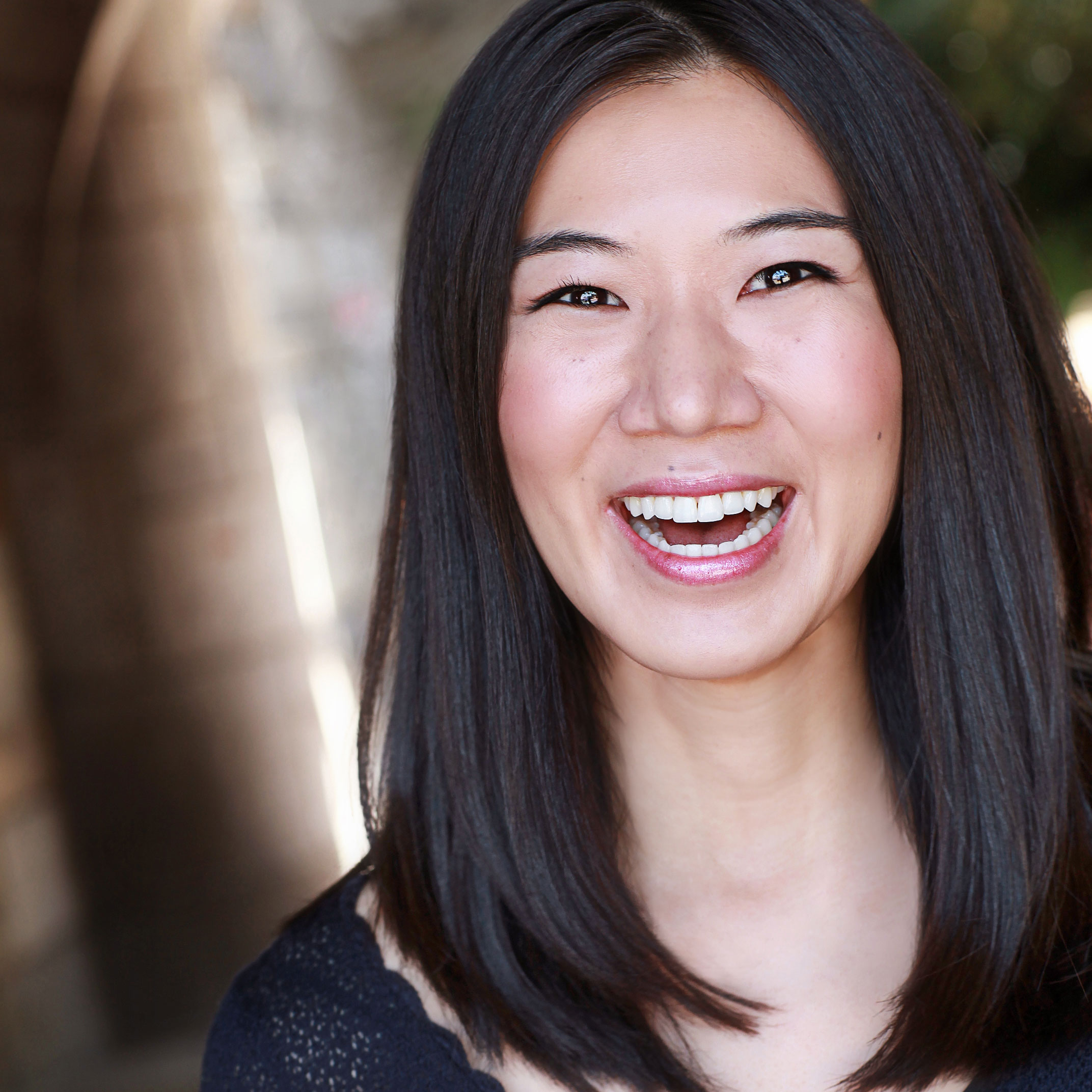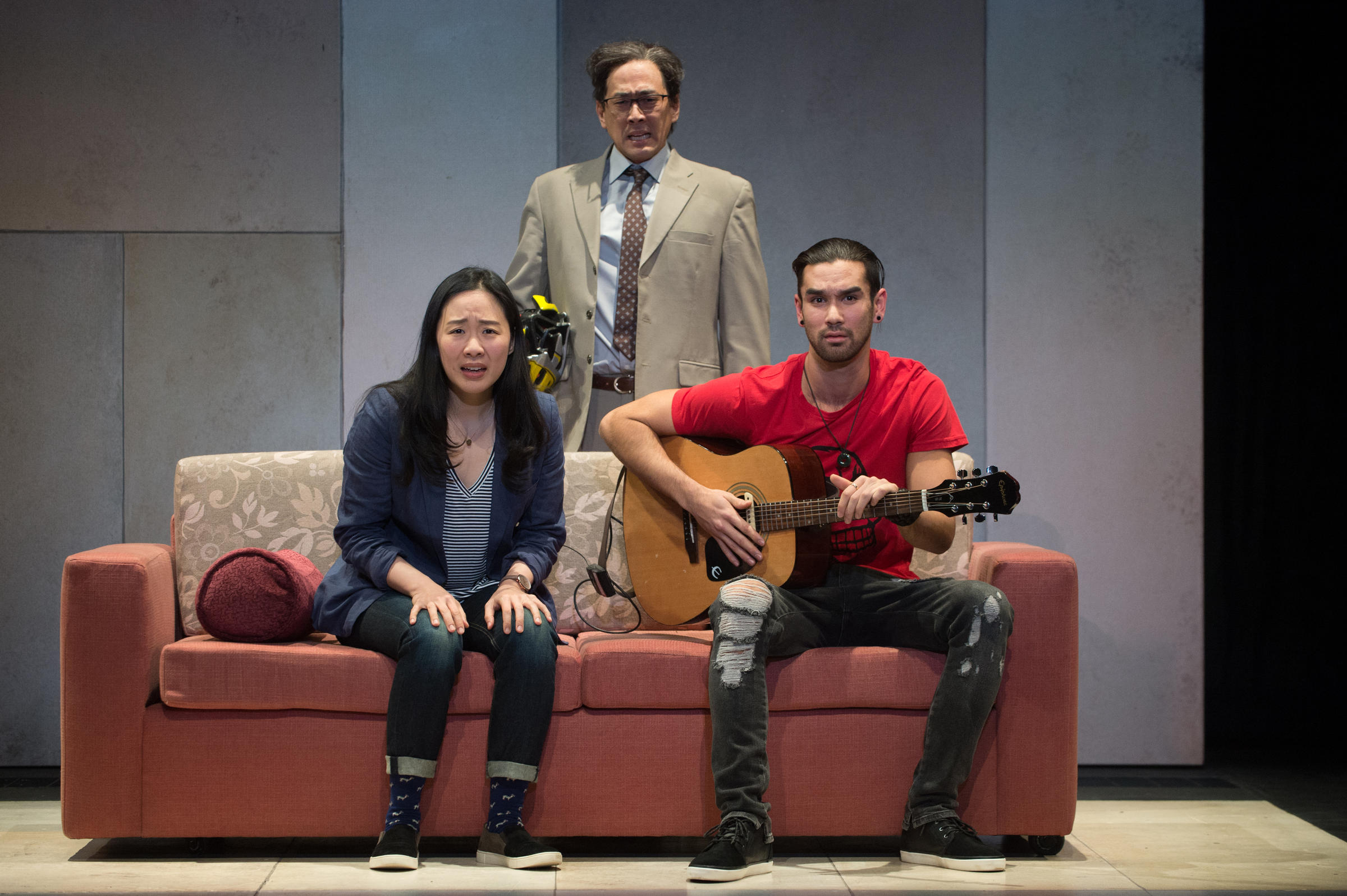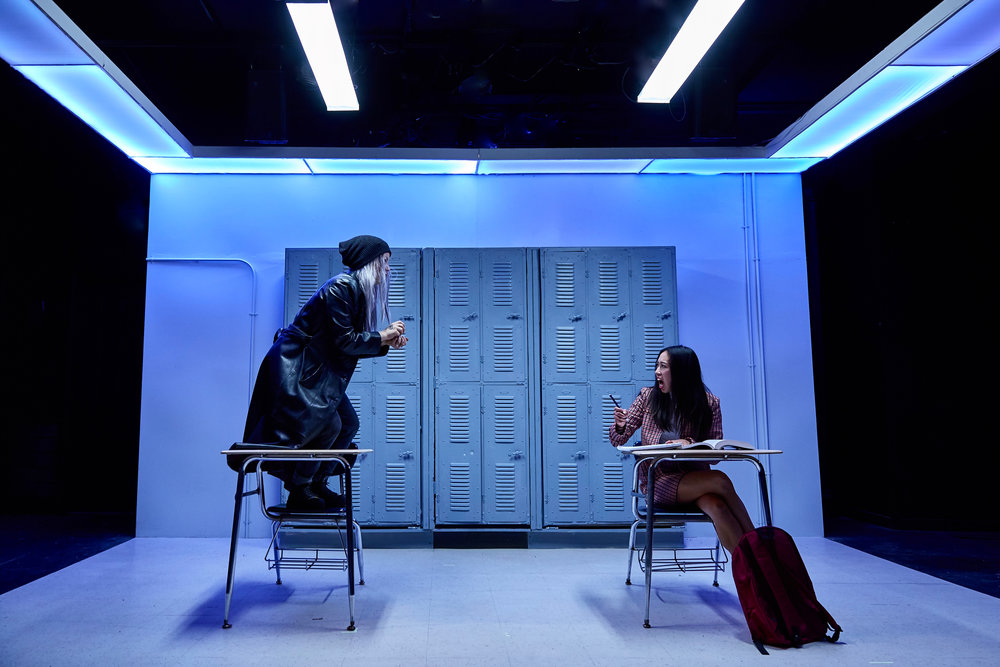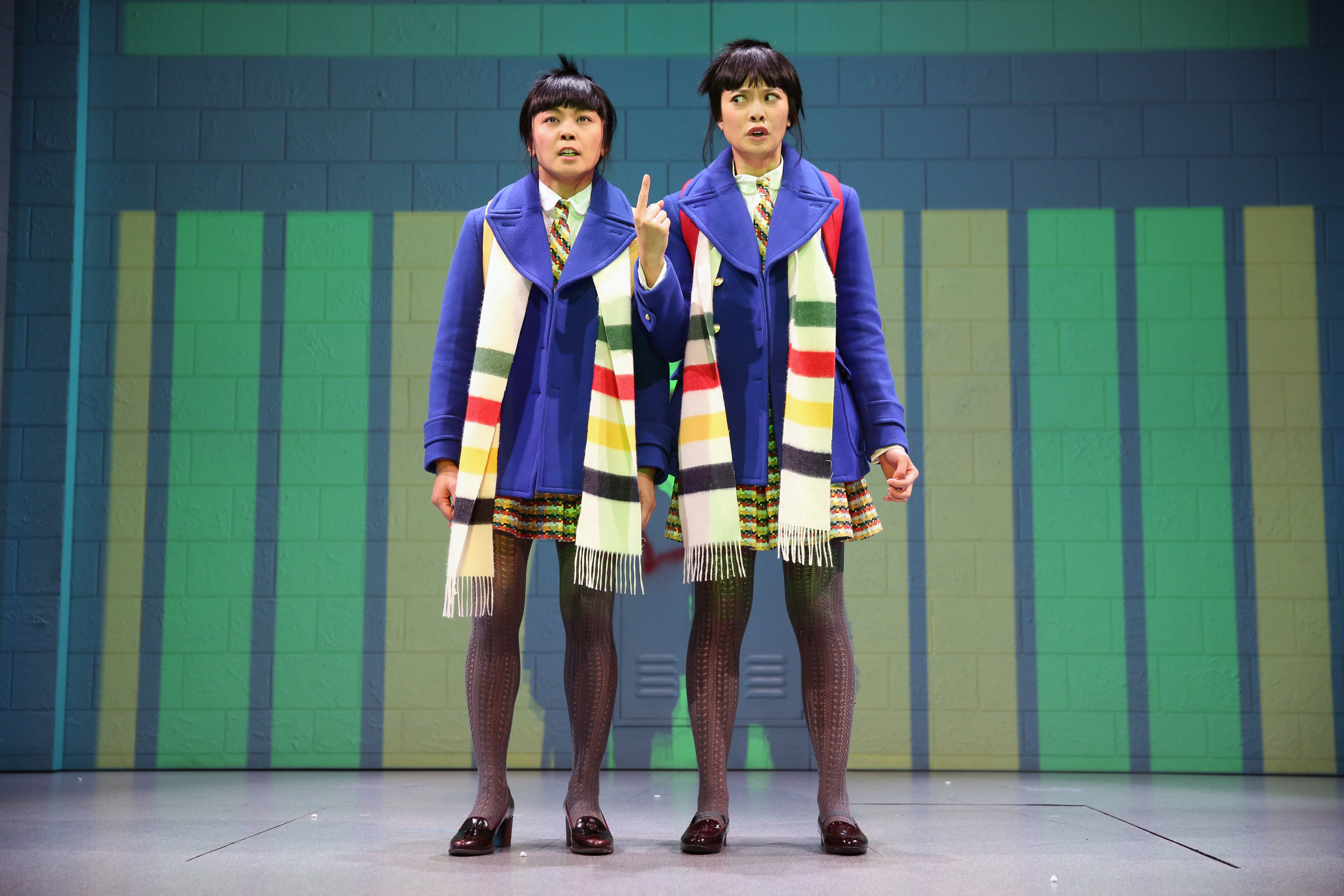
Jiehae Park joined the Samuel French family in 2017 with the publication of her 2015 play, Peerless. This year saw the publication of her second Samuel French title, Hannah and the Dread Gazebo. She earned her MFA at UC San Diego and recently served as a staff writer on Marvel’s Runaways, currently streaming on Hulu. She spoke over the phone with Trevor Reece from our LA Bookshop to discuss her writing process, play development, and how music has played a role in her creative life.
Jiehae Park
You are both an actor and a playwright, but you’ve said you prefer playwriting. What is it about the playwriting lifestyle that you feel fits you?
That everything is on its own time, and takes the time that [it] take[s]. I like being in the quiet, by myself, for long periods, and then also alternating that with periods of being intensely with people. I feel like a balance of both is really good for me.
Between your two Samuel French plays — the Macbeth-inspire college admissions comedy Peerless and the Korean-American family drama Hannah and the Dread Gazebo — which one required more research?
I did a lot of research two-thirds of the way through. I think that’s a pretty standard pattern for me. But the first gesture will usually come out of something that is emotional or unconscious. And then, in order to finish something, I’ll often do a fair amount of research. I did quite a bit on college admissions when I was trying to finish Peerless. For Hannah, I’m from Korea, so there are things that I had a sort of absorbed knowledge of. And then I did a ton of research on more overt political things. Very few pieces of which actually made it into the play, but it was helpful for me to have that.
Did you find having all that allowed you to get into your characters a little bit easier?
Not with character. I went to a lecture at the WGA. Michael Arndt had a presentation on endings and he had this idea about the philosophical stakes of a play. He talked about personal stakes, practical stakes, character stakes, but there’s this idea that every piece of art has philosophical stakes. I just remember thinking, “That’s so true.” I hadn’t been able to name before, but it’s something I care about a lot. The research portion of a play, for me, it’s about clarifying the stakes and the way that they collide with what I know to be true about the world.
Is that the sort of thing you need before you can get started on a piece? Do you need to know the philosophical stakes before, or at least have some sort of inkling?
No, I don’t think so. If I think about that stuff before I start writing, then it ends up really bad; overwrought and thinky. Often it’s something that I think about in the space of trying to finish a play, and revising the play, to clarify something. I think when I start, it’s always something unconscious, like a question that I didn’t know that I had, but it’s actually a really important question.
So you might not even stumble upon the philosophical stakes until you’re at that clarifying stage?
No, I think, usually what it feels like is, “Oh right, that was always there, I just wasn’t consciously framing it that way.” A few times I have tried to consciously explain the play that way from the start, I just run it out because it’s been too self-consciously constructed. What I value in theatre, and most forms of art, is the sort of mystery that comes with creation.
Hannah (Cindy Im), Father (Paul Juhn) and Dang (Sean Jones) in the Oregon Shakespeare Festival’s 2017 production ‘Hannah and the Dread Gazebo,’ (JENNY GRAHAM/Oregon Shakespeare Festival).
Hannah and the Dread Gazebo has a great premise. It’s both crazy over-the-top and very intimate with this family dealing with the death of their grandmother. Where did the story come from?
It was my first grown-up play, I call it. But it was the first play that I wrote as a fully-formed adult, after I had gotten my MFA. I worked in LA at the time, and I had a lot of time on my hands. And I think I had plenty of space to think about the things that I didn’t want to probably deal with consciously, and they all came out in the writing. I had had someone in my family commit suicide around that time. I remember how confusing and bewildering and upsetting, so many things that sort of cracked open. My whole family is from Korea and live there. I grew up here. And then my father’s family came from North Korea during the war. He has siblings that he’s never met. And there’s sort of this double layer of separation. Your family is a family, even when you’re far from them.
In working through personal issues, did you find catharsis within developing the play?
Yeah, I think in the final scene of the play there’s this conversation between the mother and the daughter about whether or not all these stories were true, actually, officially underlined true. And the answer is that whether or not it’s true is not to let it be announced. There is a point at which the information that we have is probably all you will get. But there’s something really beautiful in accepting that that’s enough. Because it has to be. And I think that’s something that was very meaningful for me to come to terms with.
Let’s shift over to Peerless. The first thing that struck me was just sort of the poetic structure of the dialogue. Was that something you were hoping for? Was that something that came from the Shakespearean roots of it?
That play was just a particularly unusual experience of writing, in which I just sat down and I wrote the first two scenes. And the form that it exists in is, is basically what happened that night. I just wrote it, and the same thing happened the next night. So I would just write, and it came out basically the way that it was. Finishing it took ages. I think the other part of it probably is that I was a music major in college for the first three years before I switched. And I’ve studied music all my life, but been a sort of very mediocre musician, with actual instruments. But I feel like, probably the way that that has soaked into me is a way in which it comes out through the writing, the rhythm of it is a pulse that I followed through all of that play.
You can definitely see the musical rhythm of it, and see the musicality of the piece. So it’s interesting that you say that. It’s sort of like hearing that you have a musical background really clicks into place when looking at the script.
Seeing performers get into a rhythm and feed off each other, where all of a sudden the whole is greater than the sum of the parts because they’re able to send energy back and forth that way; those magical moments, they’re amazing. I think there is something really productive and powerful about rhythm that can get you out of your head.
And rhythm makes people more willing to follow you, I’d imagine, too. You feel more comfortable when you have a musical pattern.
I love the feeling of seeing an audience and realizing that we’re all breathing together. When I have that feeling and I’m experiencing that with the performers, it’s just a way for everyone to really be present in the same moment. And it can be really scary. I think it can be scary for performers to ride that and not try to control it. But it’s so magical when everyone is exactly on the same wavelength.
We’re sort of circling around it, but what is it about theatre that you find so essential, that this is where you want to tell your stories?
Being in the life that I lead, I think I can be sort of half present. I’ll be watching TV and on my laptop at the same time. Or at a coffee shop, but also on the phone. There is something really frightening about that to me, how easy it is. It gets you away from yourself. And to be in the theatrical space, together without distractions, the energy of a group of people being fully present, I think it’s really powerful. I’ve had experiences certainly, because of performance, where I felt like I’ve been changed or understood something through the act of the people performing, investigating something in front of me. I think it’s really powerful, and not something you can get from watching Netflix. And I mean, I love Netflix. But it’s a much more passive, consumptive experience than in the theater, even though you are not necessarily thinking more or that your participation is necessary.
You talk about how Hannah and the Dread Gazebo was your first adult play. But when did you first feel comfortable calling yourself a playwright?
I think probably after that. So I had actually done a play, mostly because I wanted to hang out with this amazing, amazing writer named Connie Congdon. But I hadn’t identified as a playwright, so I figured I was an actor who wrote a play. After I wrote Hannah, I still felt like an actor who had written a play. But I, somewhat naively, submitted it to all these contests and things, and I won a couple. And all of a sudden other people were calling me a playwright. Part of our identity is how the world sees us, too. So there was a period where I felt like I was trying to reconcile that with the way that I saw myself. But it probably wasn’t until I wrote Peerless that I felt like, I wrote two plays. It wasn’t just a one-off thing. And I want to be writing more plays. I’m really a playwright now, this is a thing that I do. Maybe the thing.
You talked about how part of our identity is how the world views us. How has the external view of what the world thinks of you affected you as a playwright?
I think I have a much larger awareness of, I’m aware in a different way about the sort of commodification of identity, and the desire to create content out of identity. It’s something that I’ve been thinking about a lot. Because on some level, all we have is who we are. It can feel really ethically complicated to package little pieces of ourselves for consumption by others. I’m trying to figure out how to write from a place of generosity, not from a place of commodification. It’s something that I feel like I, and a lot of my peers, have to think about, especially when you get to the wonderful place of people paying you for what you’re going to make. But it is a shift from doing something for love. I do think there are some people who manage that very gracefully, and are relatively unencumbered by that.
How are you feeling looking forward at your career?
I am at a place right now where I’m really, really, really consciously trying to exist and embrace not knowing. Both in regards to the writing that I’m doing, and the opportunities that I’m pursuing. It’s terrifying, and exhilarating, and I’m really exciting by what I’m working on now. Much of which, to me, feels completely unpredictable. But we’ll cross that bridge when we get to it. Really, the only thing that matters is making new stuff that you think is cool with people that you think are cool. And that you’ll all learn from each other.
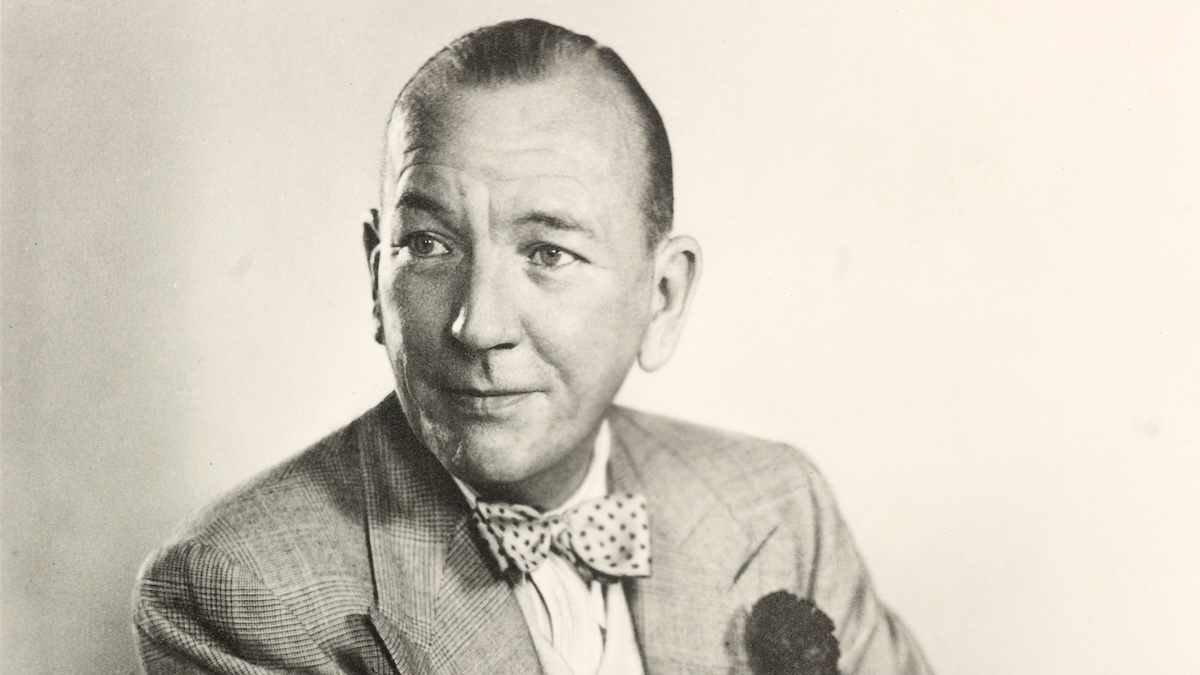
Noël Coward’s Travels
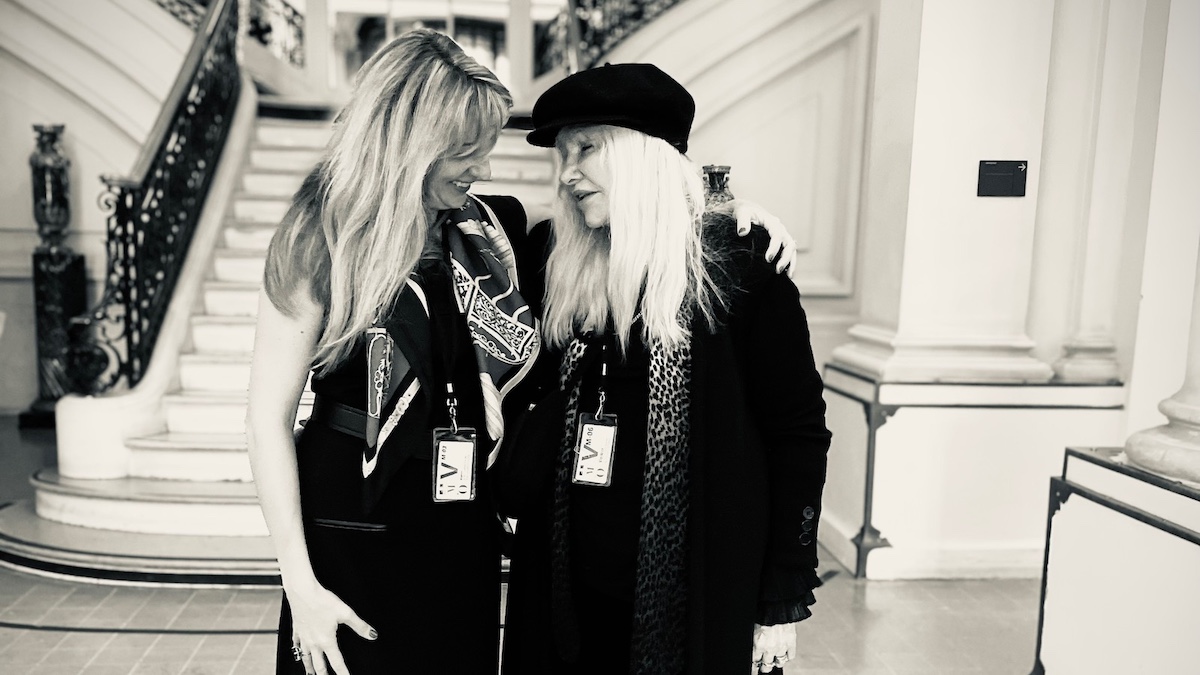
Kate Chopin in New Orleans: Mother-Daughter Author Duo Collaborate on Historical Book


